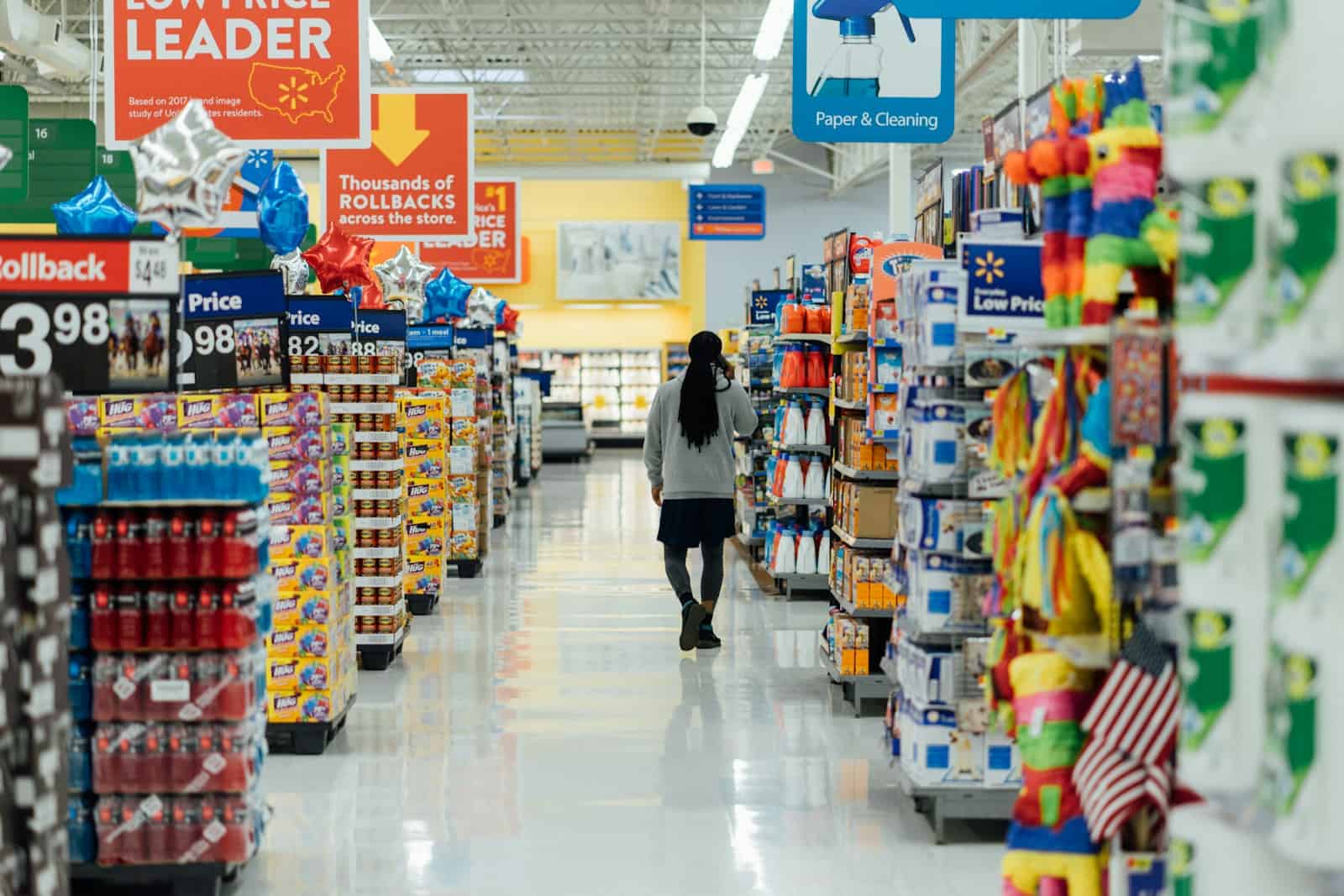
Photo by Hanson Lu on Unsplash
Prime Minister Anthony Albanese Calls Out Supermarket Pricing
February 23, 2024
Prime Minister Anthony Albanese recently addressed concerns regarding supermarket pricing, acknowledging a troubling trend without resorting to drastic measures against Coles and Woolworths.
Over the past two years, Australians have experienced a staggering 14% increase in the cost of groceries, prompting widespread unease. A recent exposé by ABC’s 4 Corners shed light on the strategies employed by Coles and Woolworths to bolster profits, although executives from both companies denied allegations of price gouging.
During an interview on ABC News Radio, Prime Minister Albanese expressed concern over the excessive market power wielded by these retail giants. He emphasized the disconnect between the prices paid to farmers and those charged to consumers, indicating a systemic issue in the pricing structure.
Various inquiries are underway to investigate supermarket pricing, including a probe by the competition watchdog slated to conclude in 2025. Despite the lengthy timeline, Albanese hinted at proactive measures from the government, signaling a reluctance to wait for the inquiry’s findings.
However, he dismissed the notion of implementing divestiture powers to dismantle the supermarket duopoly, asserting Australia’s commitment to a market-based economy with appropriate regulations. Instead, Albanese advocated for increased competition by welcoming international chains into the Australian market.
The dominance of Coles and Woolworths in the supermarket sector has deep historical roots, spanning over a century. Despite calls for intervention, Albanese’s stance against divestiture powers has drawn criticism, with Nationals leader David Littleproud rebuking the comparison to the Soviet Union and advocating for legislative measures to ensure accountability.
As concerns over inflation intensify, particularly regarding grocery prices, the debate surrounding supermarket pricing continues to evolve. With political pressures mounting, the prospect of meaningful reform remains uncertain.
While supermarket pricing remains a contentious issue, the path forward is fraught with complexities and competing interests. As consumers navigate the impacts of rising costs, the need for effective solutions becomes increasingly apparent.
Recent News
Premium and Healthier Food Options Gain Traction
As consumers become more mindful of their spending, the global sales of cooking ingredients and meals saw a notable increase of 4.4% in 2023, driven by inflation and higher commodity prices, according to Euromonitor International. This trend underscores a shift in consumer behavior towards more economical choices while still showing a preference for premium, healthier, and environmentally sustainable options.
Dairy Manufacturers Inc. Issues Voluntary Recall of Baby Formula
In a significant move, Dairy Manufacturers Inc., a Texas-based company, has initiated a voluntary recall of several baby formula products after they were found to be noncompliant with U.S. Food and Drug Administration (FDA) regulations. The recall encompasses all lot codes of three specific products: Crecelac Infant 0-12, Farmalac 0-12, and Farmalac 0-12 Low Lactose. This announcement was officially published on the FDA’s website on Saturday.
Fitness Equipment to Become $18.4 Billion Market
The global fitness equipment market is projected to reach $18.4 billion by 2033, growing at a CAGR of 3.02% from 2024 to 2033, according to Allied Market Research. Key drivers include the integration of Internet of Things (IoT) technology in fitness devices and the rise of corporate wellness programs. IoT-enabled equipment captures workout metrics in real time, enhancing user engagement and offering personalized insights. Corporate wellness initiatives promote physical activity in the workplace, increasing demand for fitness equipment in corporate gyms.
Walmart Ends Partnership with Capitol One
Walmart has officially ended its consumer credit card agreement with Capital One, marking a significant shift in the retail giant’s financial partnerships. This decision follows a series of disputes over customer service issues that culminated in a legal battle and a federal judge’s ruling.

